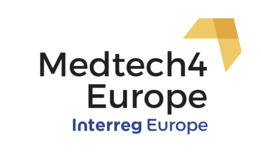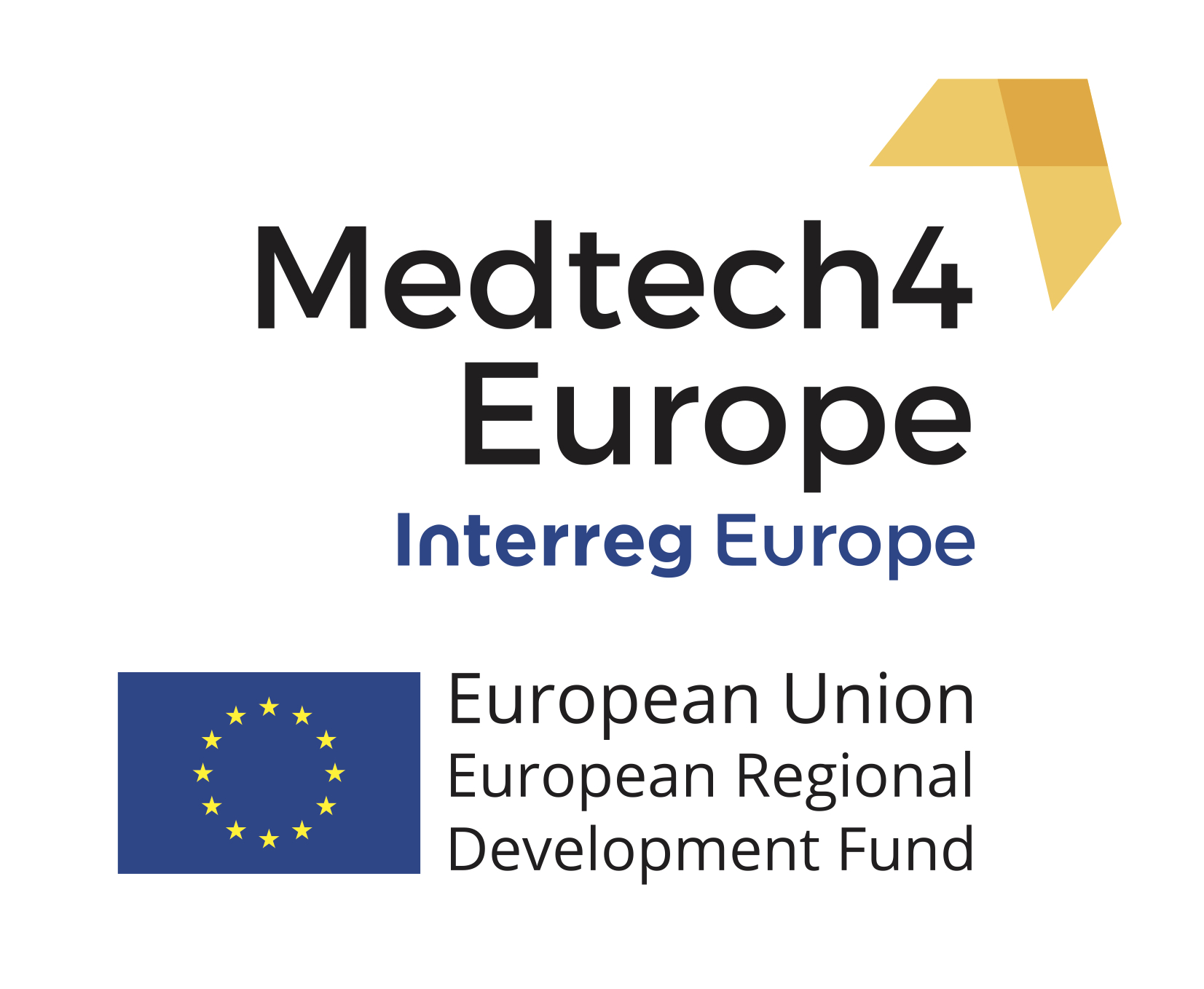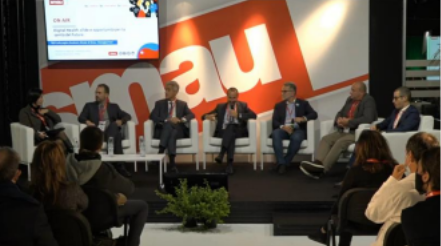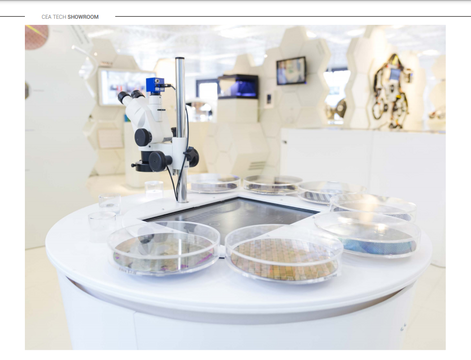At the end of January 2021, a three-day online conference was held in the field of robotics. The webinar was organized by the European Commission. A colleague of STRIA South Transdanubian Regional Innovation Agency Nonprofit Ltd. (STRIA) participated in the event, which related to the Medtech 4 Europe (M4E) Interreg Europe project in which STRIA is cooperating as project partner.
Robotics is important for EU economic growth and COVID-19 recovery.
Therefore, the seminar gave a scientific, policy-oriented and EU-centred analysis of the state of robotics technology to the audience.
On 27th January 2021 the programme contained the following topics:
- economic impact of robotisation on employment, productivity and competitiveness,
- the industrial perspective,
- how the robotics industry can support the EU recovery.
Furthermore, on the second day of the event, the highlight was on the relationship between robotics and social aspects such as:
- the impact of robots on society,
- assessing the social impact of artificial intelligence (AI) and robotics,
- social robotics: Research, ethics and education,
- human-robot interaction and robotics in education.
The centre of the third day was AI robots, foresight and its regulatory framework in the EU.
The further part of th article focuses on the first day’s events, which encompassed the most interesting information for the M4E project.
The first presenter was José Manuel Mendonca from the University of Porto. He spoke about the global trends in robotics and the post-pandemic recovery. Then he continued with the opportunities of impactful, affordable robotic systems such as applications in healthcare (surgeries, telemedicine, logistics).

The organisers invited four experts for the panel discussion and two of them were Hungarian. The first Hungarian lecturer was László Hradszki from Hiventures. He presented his company, which is one of the Eastern Europe’s largest Venture Capital Fund management businesses then he mentioned two successful start-up stories (OptoForce and OnRobot). He also captured the robotics value chain which is the best way to increase productivity and build products then export them in robotics technology.
Zoltan Cséfalvay was the other Hungarian expert, the head of Mathias Corvinus Collegium Centre of next Technological Futures emphasized the global position of Europe on robotics and AI market then policy challenges for Europe.
The last question was imaging the next five to ten years in robotics. Every response was optimist and the speakers predicted an even bigger increase for the future.






